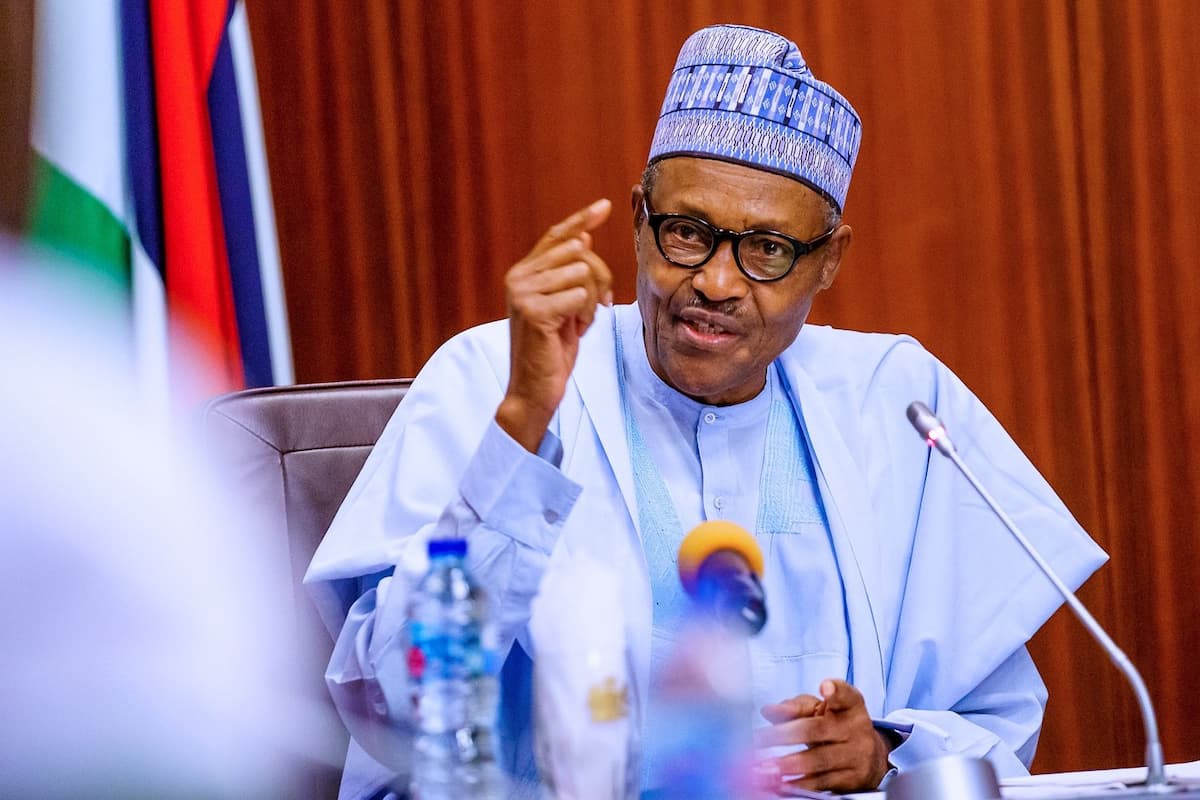When the federal government, late in December 2016, announced a policy that empowers citizens to participate in the fight against corruption by blowing the whistle on sleaze, it was greeted with enthusiasm. But five years down the line, the buzz has faded as many Nigerians seem somehow oblivious of its existence, an investigation by Daily Trust on Sunday has revealed.
While officials and some exponents say the policy has achieved considerable success despite the lack of a comprehensive mechanism and proper public engagement, some Nigerians who had—in the spirit of the new government’s policy—flagged shady deals they witnessed still live with scars from their action.
As at the time the whistleblowing policy was announced, the administration of President Muhammadu Buhari was still fresh in office and its anti-corruption mantra—one of the three pillars of the government’s tripartite campaign promise—was still on the front burner. The policy, announced by the then Minister of Finance, Mrs Kemi Adeosun, at the end of a Federal Executive Council (FEC) meeting on December 21, 2016, was hinged on the need to get citizens involved in the government’s anti-corruption campaign.
“It is a programme designed to encourage anyone with information about a violation, misconduct or improper activity that impacts negatively on the Nigerian people and government to report it,” Mrs Adeosun told reporters at the end of the FEC meeting that day.
For activists like Chido Onumah, Coordinator of the African Centre for Media and Information Literacy (AFRICMIL), who had in the past worked to galvanise public support in the fight against the country’s age-old malady—corruption—this was a golden opportunity to make Nigerians the centrepiece of the government’s fight against corruption.

